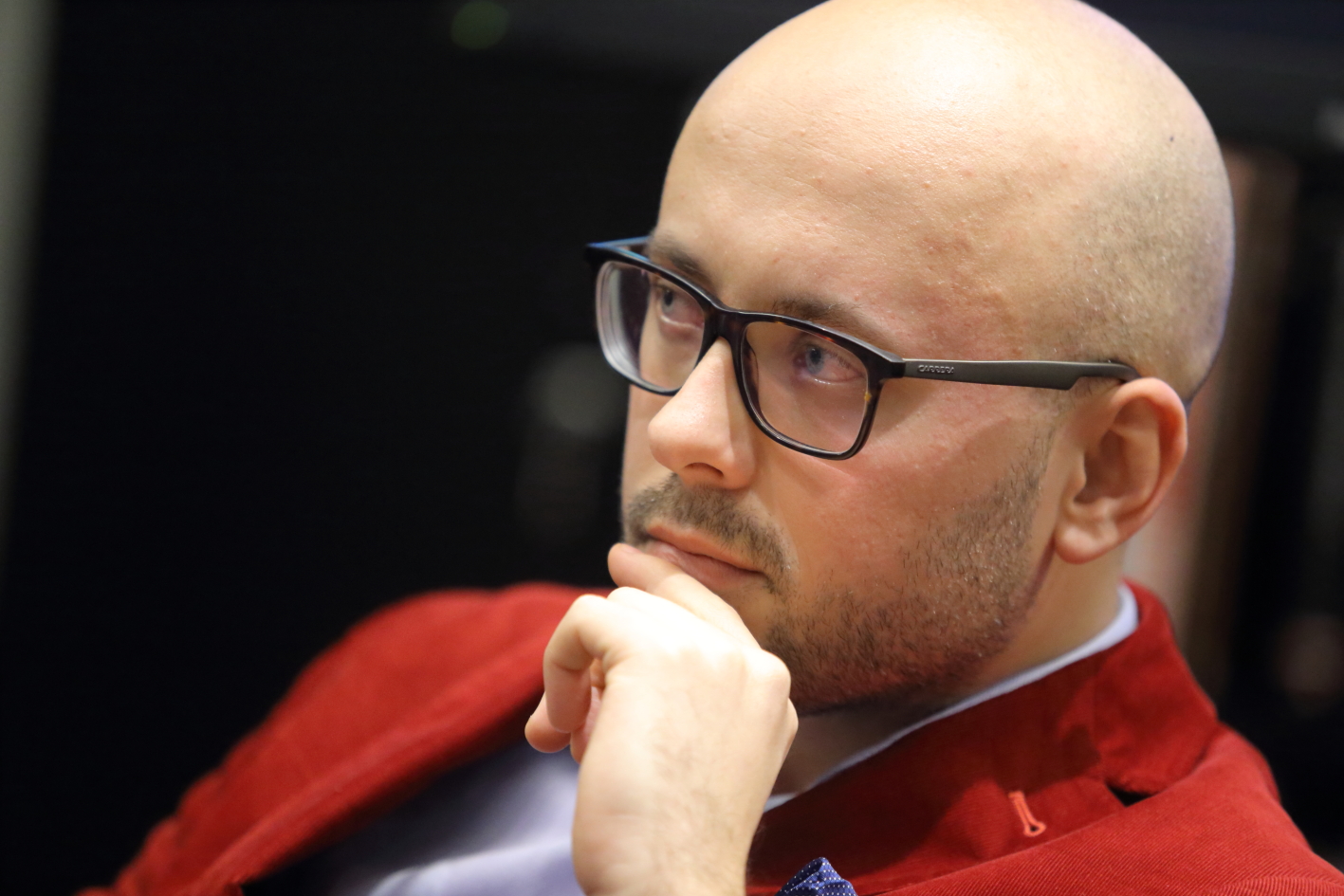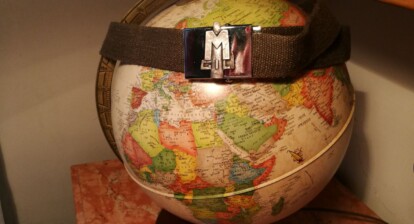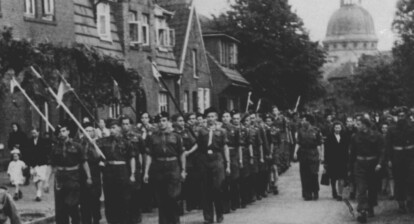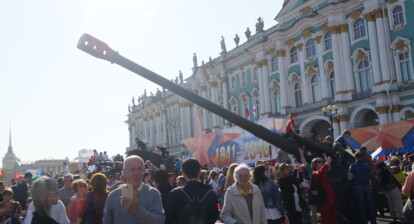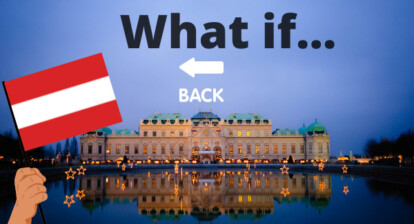Last year Polish historian Michal Przeperski published his first book Unbearable Burden of Brotherhood. The book deals with Polish-Czech conflicts in the 20th century but takes also a more thorough look on the background of the troublesome relations of these two nations. The conflicts between Poles and Czechs are numerous, but in the name of learning from the past we wanted to ask Michal, is there something to learn from this quarrelsome history. In his opinion there is – and it’s a quite simple one.
Poles and Czechs in the 20th Century
Q: In your recently published book you have studied the Polish-Czech conflicts in the 20th century. Where would you say are the roots of the quarrelsome relations of these nations?
A: Well, it was essentially a lack of real knowledge about the other part that caused the biggest trouble for Poles and Czechs in 20th century. Intellectuals, politicians as well as ‘ordinary’ people definitely too often relied on stereotypes and that was the deepest root of the political quarrels, which effectively poisoned mutual relations between 1918 and 1939.
If Poles knew anything about Czechs during the interwar period, it usually was a figure of the ‘Prussians of Slavdom’ which on one hand presented some admiration towards Czech organization and economic development, but on the other hand presented contempt towards brutal Czech policy towards other nationalities of the region, naturally including Poles. But Czechs were, generally, no better. Most important Czech politicians, Tomas Masaryk and Karel Kramar treated Polish state as a kind of ‘temporary state’.
One way or another, it is stunning to what extent mutual mistrust fed with misunderstandings may lead to disaster. This is basically the story of Polish-Czech relations in the interwar period.
The Most Significant Events
Q: What events in the 20th century would you consider to be most significant for the development of the Polish-Czech relations? How did they influence the relations?
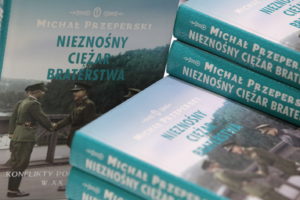
Poles and Czechs have been good at misinterpreting the words of each other, shows Michal Przeperski’s book.
A: There are three milestones of mutual relations that are worth mentioning and, unfortunately, all of them are the dates of military aggression. Firstly, it January 1919, when Czechoslovakia invaded the territories of Cieszyn Silesia that were temporary divided between two states by the local leaders of Polish and Czech communities. Prague claimed the whole territory of Cieszyn Silesia to be a part of Czechoslovak state even though the territory was inhabited by the Polish majority. The war lasted for only a week, but its effect were eventually favorable to Czechoslovakia.
Then comes autumn 1938, when Polish officials decided to reclaim the territory seized by Czechoslovakia in 1919, issuing a formal ultimatum to Prague, threatening Czechoslovakia with casus belli. It was unbelievable political mistake, because at the same time in Munich Nazi Germany won the agreement of France, Great Britain and Italy to seize so called Sudetenland. Effectively, Poland took part in the partitioning of Czechoslovakia, even though it did not acted in actual arrangement with Berlin.
Finally, Polish-Czechoslovak border was stabilised in 1945 coming back to the shape it had in February 1919. Yet, again, it was not a fruit of a mutual cooperation, but decision enforced by Soviets who conquered both countries and called shots at the time. Sad story, isn’t it? Instead of finding some sort of cooperation based on mutual understanding, the political mistrust was to a large extent frozen and kept under the layer of official contacts during communist period.
Attempts to Solve the Conflicts
Q: Have there been attempts to solve the conflicts and mend the relations? If yes, what kind of attempts and with what kind of results?
A: I myself believe that history may lead us to some sort of reassessment of old quarrels and hence I point my finger at the cooperation of the anti-communist movements of Poland and Czechoslovakia that began in the mid-1970s and effectively continued until the very end of the system. Vaclav Havel, Jacek Kuroń, Antoni Macierewicz – once they met in 1978 in the Polish-Czechoslovak boarder – started a successful story of intellectual understanding and mutual political respect. Yet, nothing is given forever, and that is why both representatives of both nations have to remember about the painful moments in history.
A Look Into the Future
Q: In the spirit of learning from the past, what could be done differently in the future to prevent more conflicts from happening and even better the relations of these nations?
A: Well, the most important thing always is to really get to know each other. That is what failed in the interwar period. Symbolically, we may say that both languages Polish and Czech seem so close to one another, yet they could be also misleading, they contain a lot of ‘false friends’. I think that for our nations it is essential to understand that only close political cooperation may assure safe future and actual sovereignty, also in brutal, geopolitical sense. History teaches us that relying only on cooperation with the most powerful countries eventually leads to bitter disappointments.
This idea has, obviously, broader sense, exceeding Polish-Czech case. It may also be understood as the general call for cooperation between the countries of Central Europe that share painful history. Let’s hope that we will manage to follow this path.

